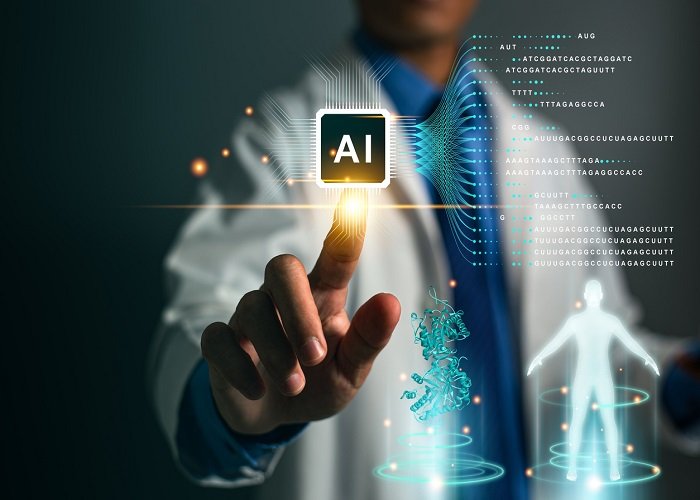Healthcare is undergoing a massive digital transformation, and AI-powered conversational agents are at the heart of it. From answering patient queries to monitoring chronic conditions, these intelligent assistants are reshaping the way care is delivered. In 2025, they’re not just making healthcare more efficient—they’re literally saving lives.
The Role of Conversational Agents in Healthcare
Conversational agents, or AI-powered virtual assistants, use natural language processing (NLP) and machine learning to communicate with patients in real time. Unlike traditional chatbots, they provide context-aware, personalized, and medically accurate guidance, making them invaluable in patient care.
Key Ways Conversational Agents Are Saving Lives
1. 24/7 Medical Assistance
Patients no longer need to wait for office hours. AI health assistants provide instant answers, guidance, and support anytime, reducing delays in critical care.
2. Remote Symptom Checking
AI conversational agents can assess symptoms, suggest possible conditions, and recommend whether to seek urgent medical attention—helping catch serious issues early.
3. Chronic Disease Management
For patients with diabetes, heart conditions, or asthma, AI agents track daily vitals, medication adherence, and lifestyle habits, sending alerts when anomalies are detected.
4. Mental Health Support
Conversational agents provide safe spaces for mental health check-ins, offering coping strategies and connecting patients to professionals when needed.
5. Appointment Scheduling & Follow-Ups
AI simplifies administrative tasks by scheduling appointments, sending medication reminders, and ensuring patients don’t miss crucial follow-ups.
6. Reducing Hospital Burden
By handling routine queries and initial assessments, AI frees up doctors and nurses to focus on high-priority cases, reducing burnout and improving care quality.
Real-World Impact in 2025
- Hospitals use AI assistants to triage patients before they arrive at the ER.
- Telemedicine platforms integrate voice and chat-based agents to provide initial consultations.
- Pharmacies employ AI agents for prescription reminders and dosage guidance.
Human + AI Collaboration
While AI conversational agents are powerful, they aren’t replacing doctors. Instead, they act as extensions of medical teams, improving efficiency, accuracy, and patient engagement. The future lies in AI-human collaboration, where technology handles routine care and humans provide the empathy and expertise that machines can’t replicate.
AI conversational agents are no longer futuristic concepts—they are lifesaving tools in modern healthcare. By offering immediate support, monitoring chronic conditions, and reducing hospital overload, they’re making healthcare faster, smarter, and more accessible. For patients, this means better outcomes. For providers, it means a system that works smarter, not harder. Read more.


Leave A Comment